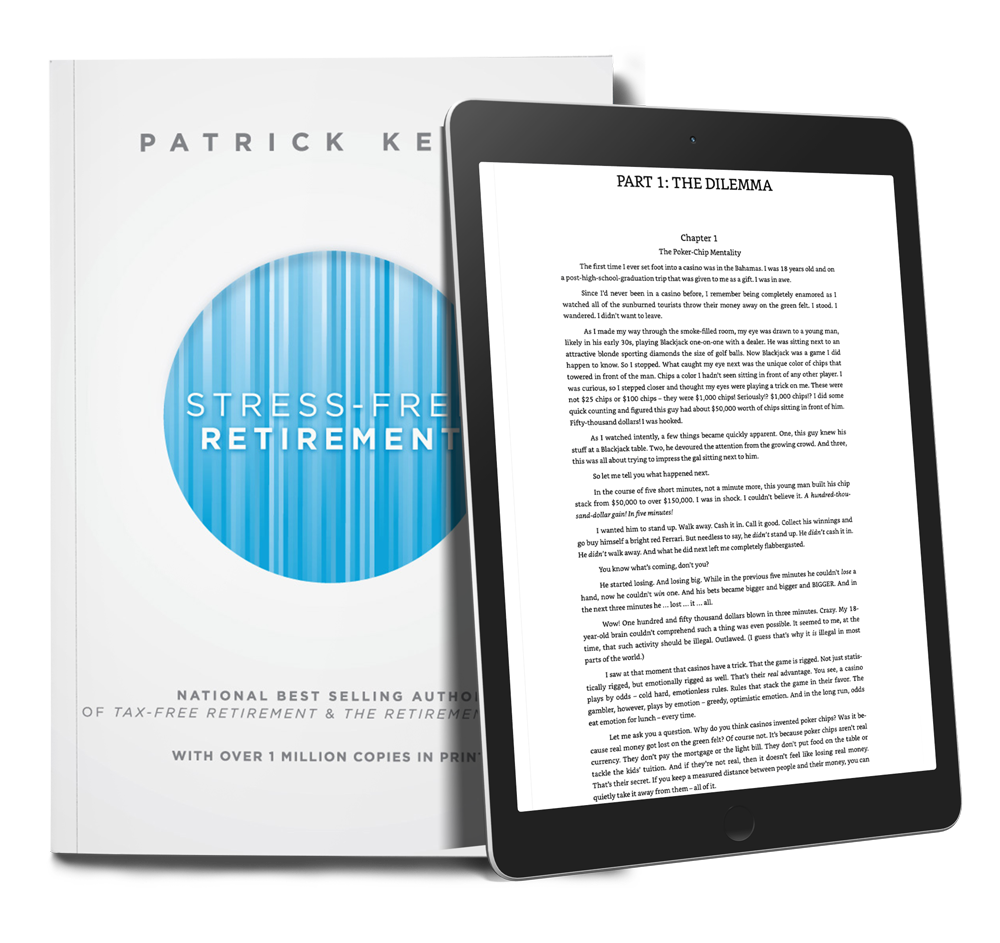Social Security is essential to many Americans’ retirement income, functioning as a safety net for those who have retired. Maximizing your Social Security benefits for larger payouts requires strategic planning and understanding how to optimize benefits. Strategies for a larger payout are as follow. Those approaching retirement must consider the following Social Security caveats before making this critical decision.
Delaying benefits
First, there’s the option of delaying Social Security benefits. The earliest age one can start receiving benefits is 62. However, each year that benefits are delayed past one’s full retirement age (currently between 66 and 67 for most retirees), the benefit amount increases by approximately 8%. This delayed retirement credit can accrue up until the age of 70. Postponing claiming benefits may result in significantly larger monthly payouts during retirement. Delaying your benefits is one of the strategies for a larger payout.
Spousal benefits
Another factor to consider is spousal benefits if married, divorced, or widowed. For spouses, the amount can be as much as half of the higher-earning spouse’s Social Security retirement benefit. Divorced spouses may also be able to collect even if the ex-spouse has not applied for benefits yet, provided they are at least 62 years old, and the marriage lasted at least ten years. It’s worth noting that claiming spousal benefits does not impact the amount the other spouse receives.
Taxation of benefits
Understanding the impact of taxes is also essential to managing Social Security benefits for a larger payout. Up to 85% of one’s Social Security benefits can be subject to federal income tax, depending on combined income if married and filing jointly. Combined income includes adjusted gross income, nontaxable interest, and half of each spouse’s Social Security benefits.
By managing one’s other sources of retirement income, one can limit the portion of Social Security benefits subject to tax, which may result in higher net payments. It’s important to note that some states tax Social Security benefits while others do not. Therefore, consult with financial or tax professionals to understand how this taxation applies to you.
Understanding how benefits are calculated
The Social Security Administration calculates retirement benefits based on one’s 35 highest-earning years. If fewer than 35 years, the years with no income will most likely be included as zeros in the calculation, reducing the payout. Therefore, continuing to work and replacing the lost year’s wages may be a strategy to increase the monthly benefit amount. Understanding how benefits are calculated is one of the important strategies for a larger payout.
When to claim benefits
It is recommended that you consult a financial professional to help navigate the complex decision-making process of starting benefits since benefits cannot be reversed once they begin.
Since everyone’s situation is different, those nearing retirement must consider the following:
- Financial situation
- Retirement assets
- Health conditions
- Family history
- Projected longevity
- Part-time work or not
In conclusion, maximizing your Social Security benefits for a larger payout involves careful planning and understanding how they work. Remember, Social Security supplements your retirement income, not replacing it entirely. Therefore, it should be considered part of a multifaceted approach to retirement planning implemented by working with a financial professional.
SWG4394310-0425e This information is provided as general information and is not intended to be specific financial guidance. Before you make any decisions regarding your personal financial situation, you should consult a financial or tax professional to discuss your individual circumstances and objectives. Social Security benefits are subject to change, and the amount you receive depends on your earnings history, age, and other factors. The strategies outlined here are general recommendations and may not apply to every individual. Consult with a financial or tax professional to understand how these factors apply to your unique situation.
In addition, Compass Retirement Allies specializes in providing strategies and guidance for those seeking a better retirement lifestyle. If you have five million dollars or $50,000 retirement savings, we can ensure it works as hard. As a result, we offer our experience and knowledge to help you design a custom strategy for financial independence. Contact us today to schedule an introductory meeting!

















